Europe ignition powder powder ignition cord is set on fire!
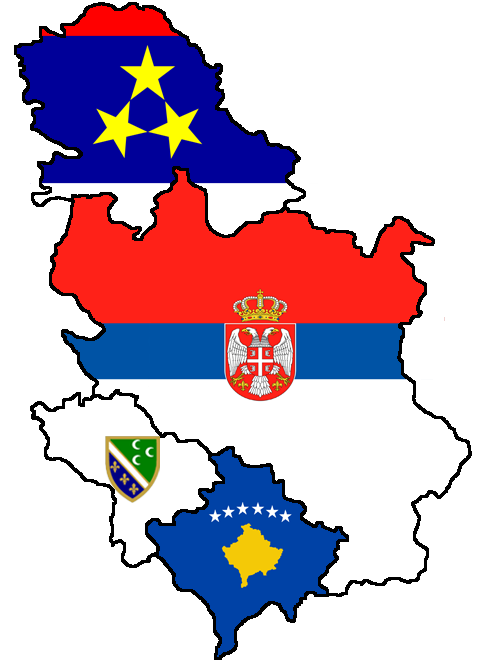
Actually, the conflict situation itself, threatening with such serious consequences, at first glance seems insignificant.
The following happened: the Bosnian National Council (Bosnian Serbs-Muslims), operating in the Rashskoy district of Serbia and a non-governmental organization, invited the “foreign minister” of the separatist Kosovo, Bejet Parazoli, to visit the Serbian city of Novi Pazar as a representative of a foreign state, despite that Serbia did not recognize the independence of Kosovo.
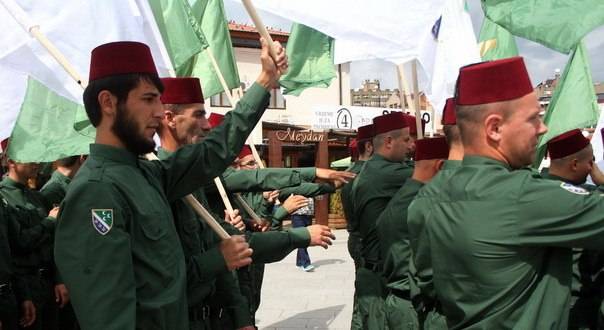
Agency Tanjug published the text of this invitation. “Bearing in mind the choice of all states of the Western Balkans in favor of European integration, as well as the importance of establishing long-term stability in the Western Balkans, we consider it useful that you visit the National Council of Bosniacs, Novi Pazar and others as Deputy Prime Minister and Minister for Foreign Affairs of the Republic of Kosovo. Municipalities of Sandzak (as some Muslims call the Rashsk district of Serbia), ”the letter said to the Kosovo“ minister ”.
To people who are far from the Balkan problems, the incident may seem simply an example of the incorrect and unreasonable behavior of a representative of a national-religious community.
However, things are not so simple. The fact is that a number of Serbian boshnyaks (or, as they are called simply religiously affiliated, “Muslims”) adhere to separatist aspirations and harbor plans for secession from Serbia. Actually, even the term "Sandzak", which was used by the conquerors during the Turkish yoke, is considered by many as a kind of encroachment on the sovereignty of Belgrade over these territories.
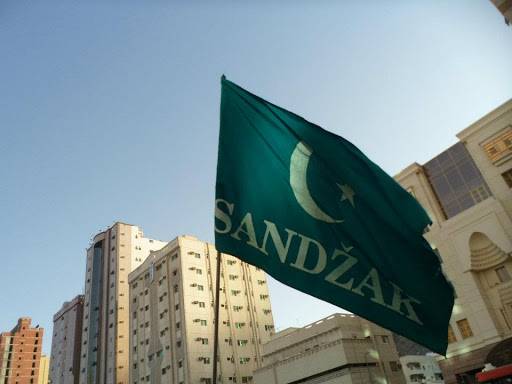
If we take into account the extremely painful attitude that Serbs experience, not only politicians, but also ordinary people, to the situation around Kosovo, the invitation of a representative of this separatist entity, torn off by force from Serbia, the head of a national organization with separatist aspirations, looks like a challenge and provocation.
We add that the head of the Bosnian National Council, Suleiman Uglyanin, did not even try to reconcile this “official” invitation with the Serbian authorities, and the text of the letter itself does not even contain the word “Serbia”.
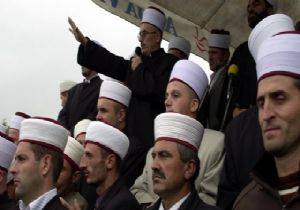
It looks as if the head of a sovereign country invites the head of the foreign policy department of another independent state in order to “establish the long-term stability” of the region.
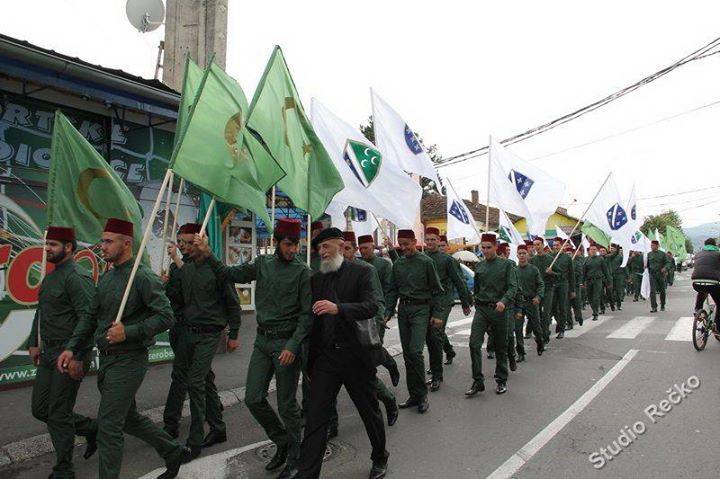
In other words, what happened, regardless of whether Pacioli accepted an invitation to visit Novi Pazar or not (as the media report, he has already declared that he is ready to come if Belgrade permits), is quite qualified as an encroachment on the territorial integrity of the country.
Obviously, Belgrade will simply have to somehow react to this, especially since the Serbian authorities are now under rather tough pressure from a patriotic public suspecting it, and not entirely unreasonable, ready to finally “surrender” Kosovo in exchange for the hope of European integration. And the leadership of the country will not be indifferent to observe the birth of another separatist focus.
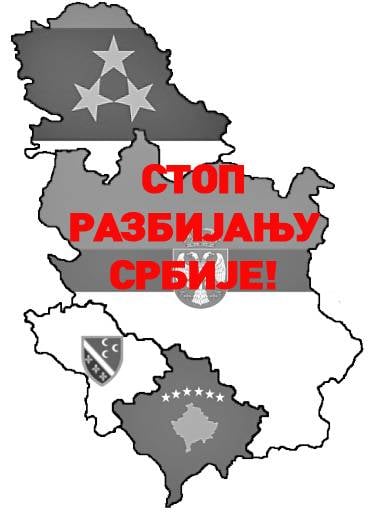
In addition, Serbian radical groups that have gained considerable strength in recent years may well react to the Bosnian Union’s speech.
This is exactly what is needed by the organizers of the provocation - to call for some kind of sanctions from the authorities or actions of the radicals, in order to accuse Serbia of infringement of national minorities, of encroaching on their rights, and to start “the struggle for their release”. Which will immediately receive broad support from abroad.
There is no difficulty in turning a political conflict into an armed one - this technology has been worked out to the smallest detail, especially since we are talking about the Balkans, which are not accidentally called the powder keg of Europe.
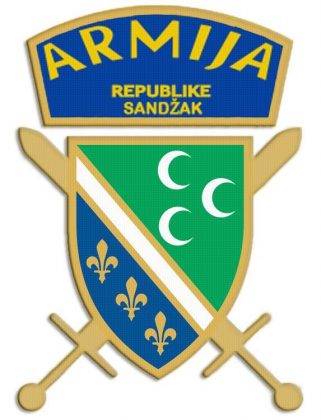
Recall that in Kosovo everything started with rocking the political situation and provoking conflicts, which in Belgrade were for a long time persistently declared “domestic”.
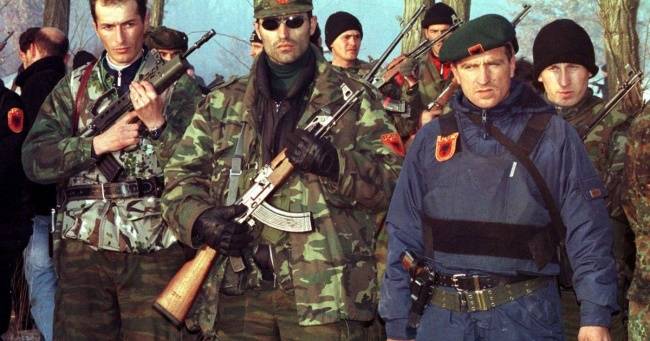
And for those who are behind the national Bosniaks Council (who would have long been in Russia the status of a “foreign agent”), it is important not only to “squeeze” another province from Serbia. They are well aware that Russia cannot remain indifferent to the fate of this unfortunate fraternal country. And even our diplomatic support for Belgrade will be immediately interpreted as yet another “Moscow aggression”, which is trying to kindle another war in Europe, this time “by the hands of the Serbs”.
And this, of course, will cause a new round of tension and will intensify the confrontation of the West with our country. There is no doubt that the letter appeared by chance right now, when the “hawks” in the States and the EU are alarmed about the prospects for, even if rather illusory, warming Russian-American relations.
And this, of course, is not the only and not the last provocation.
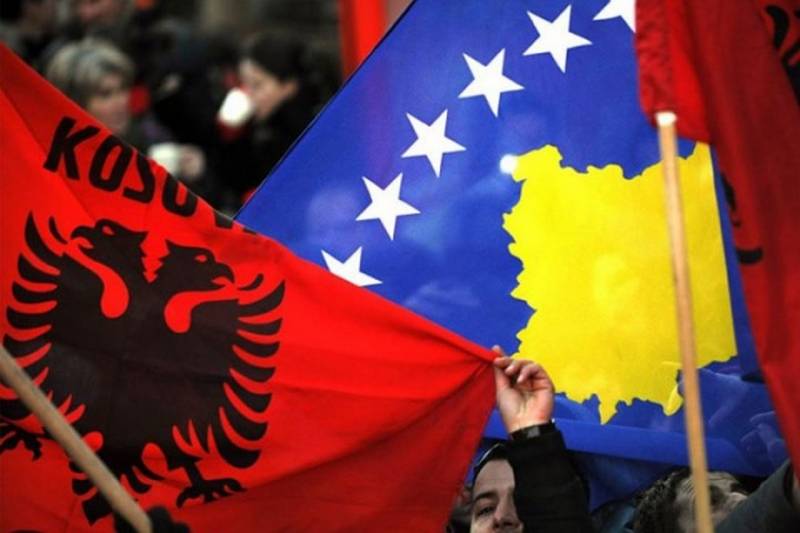
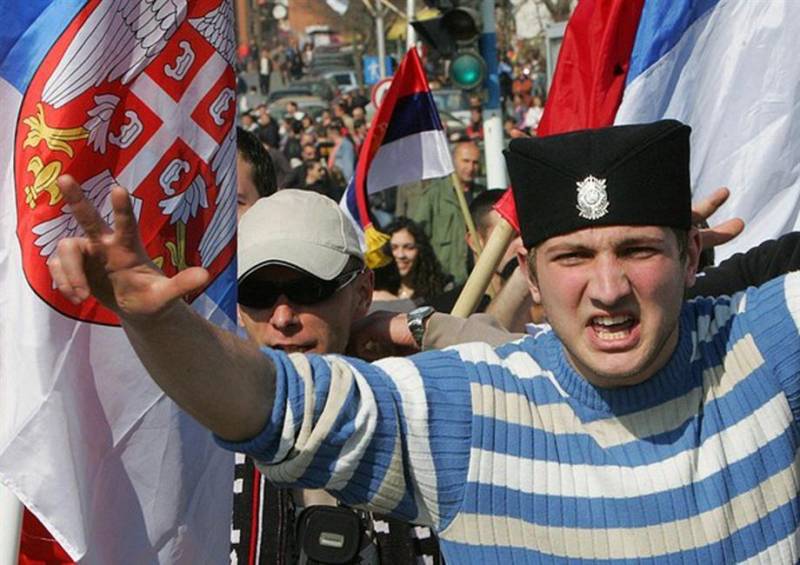
Information